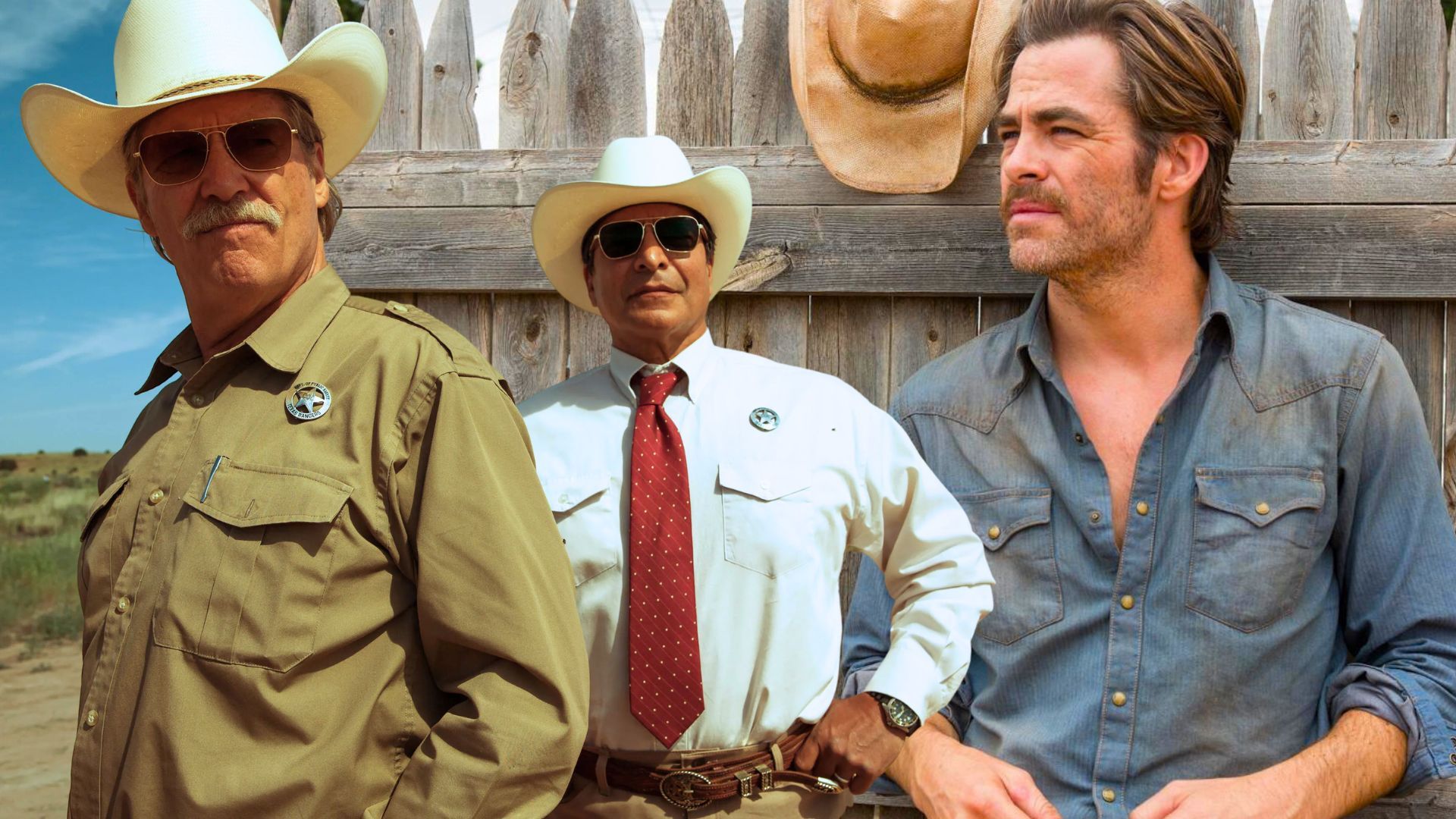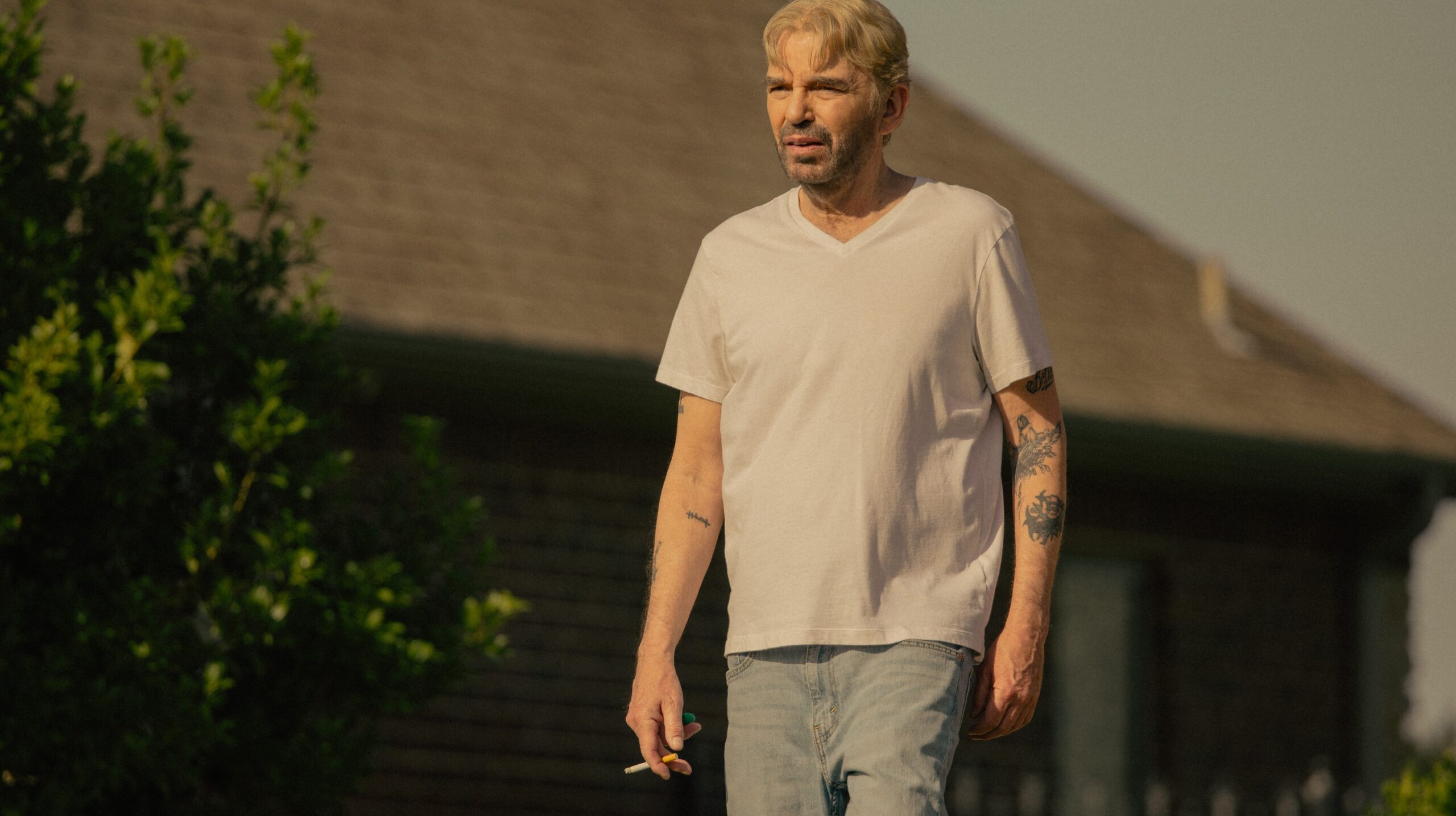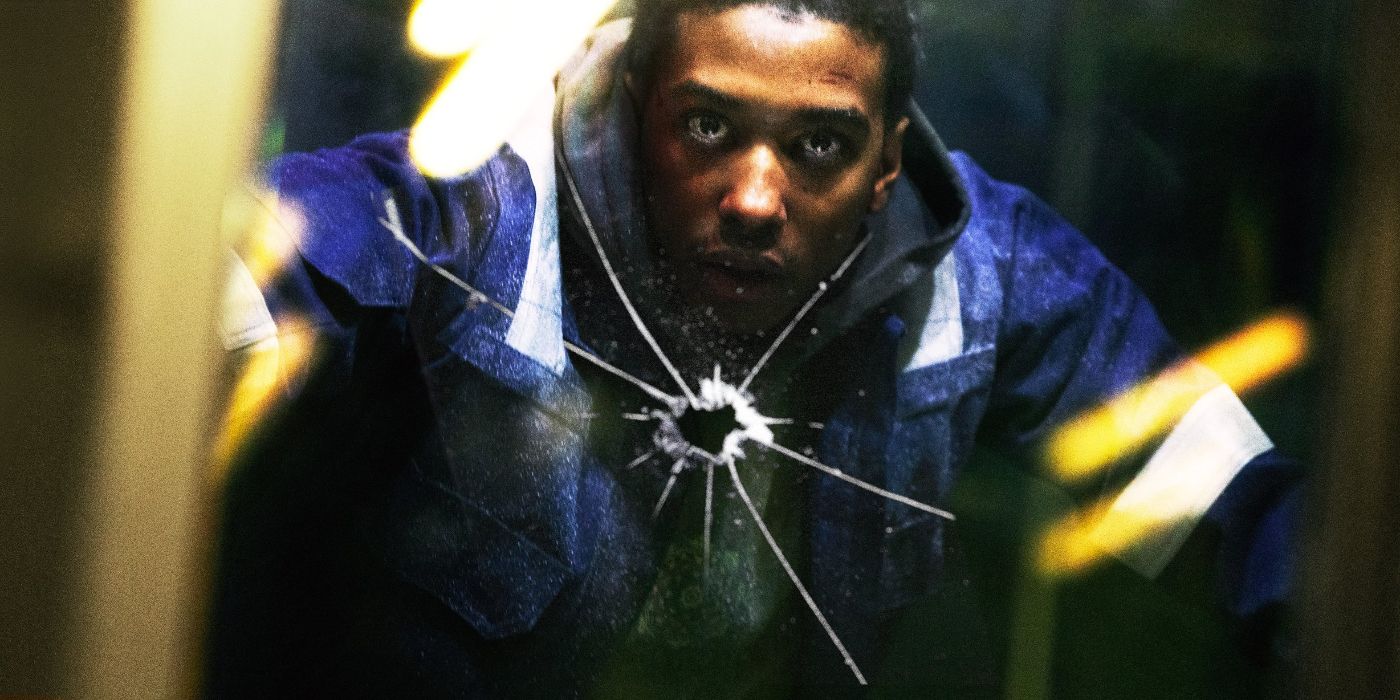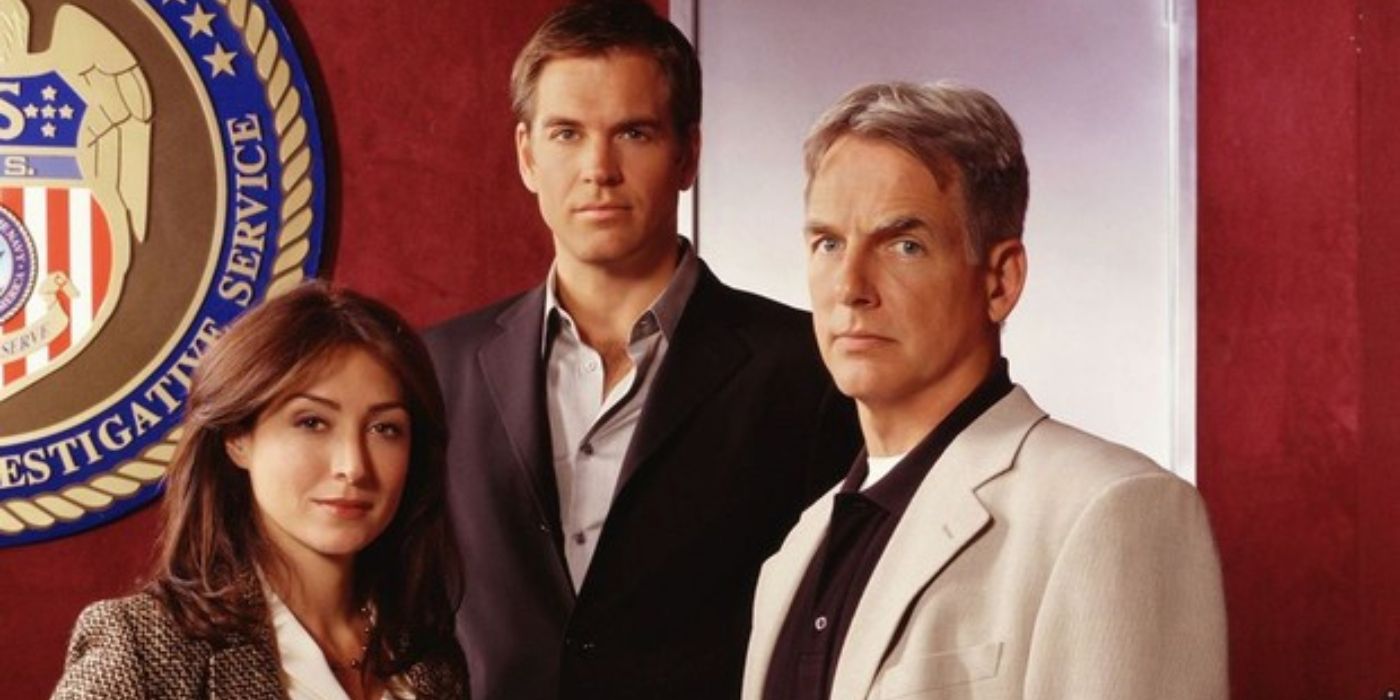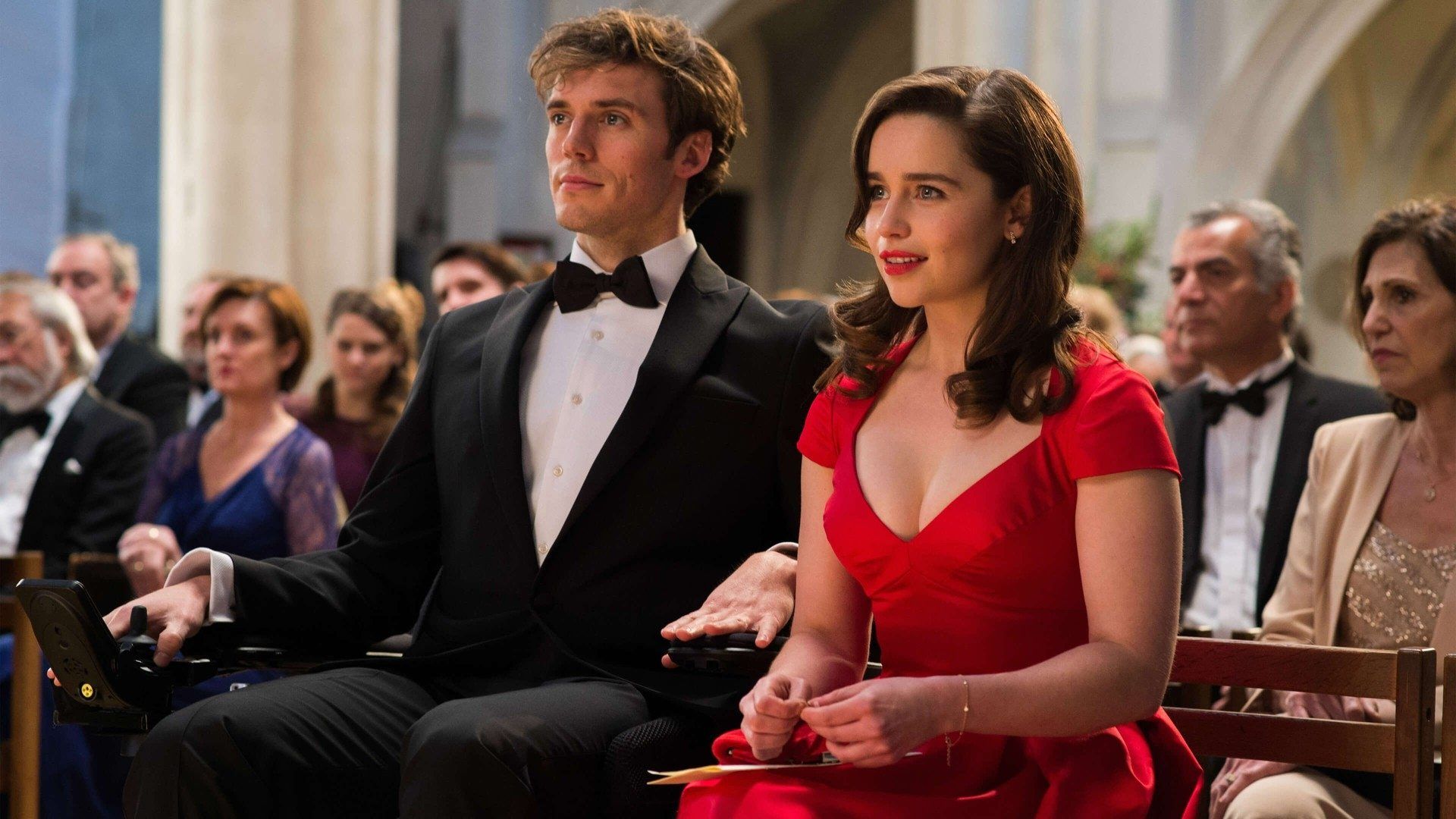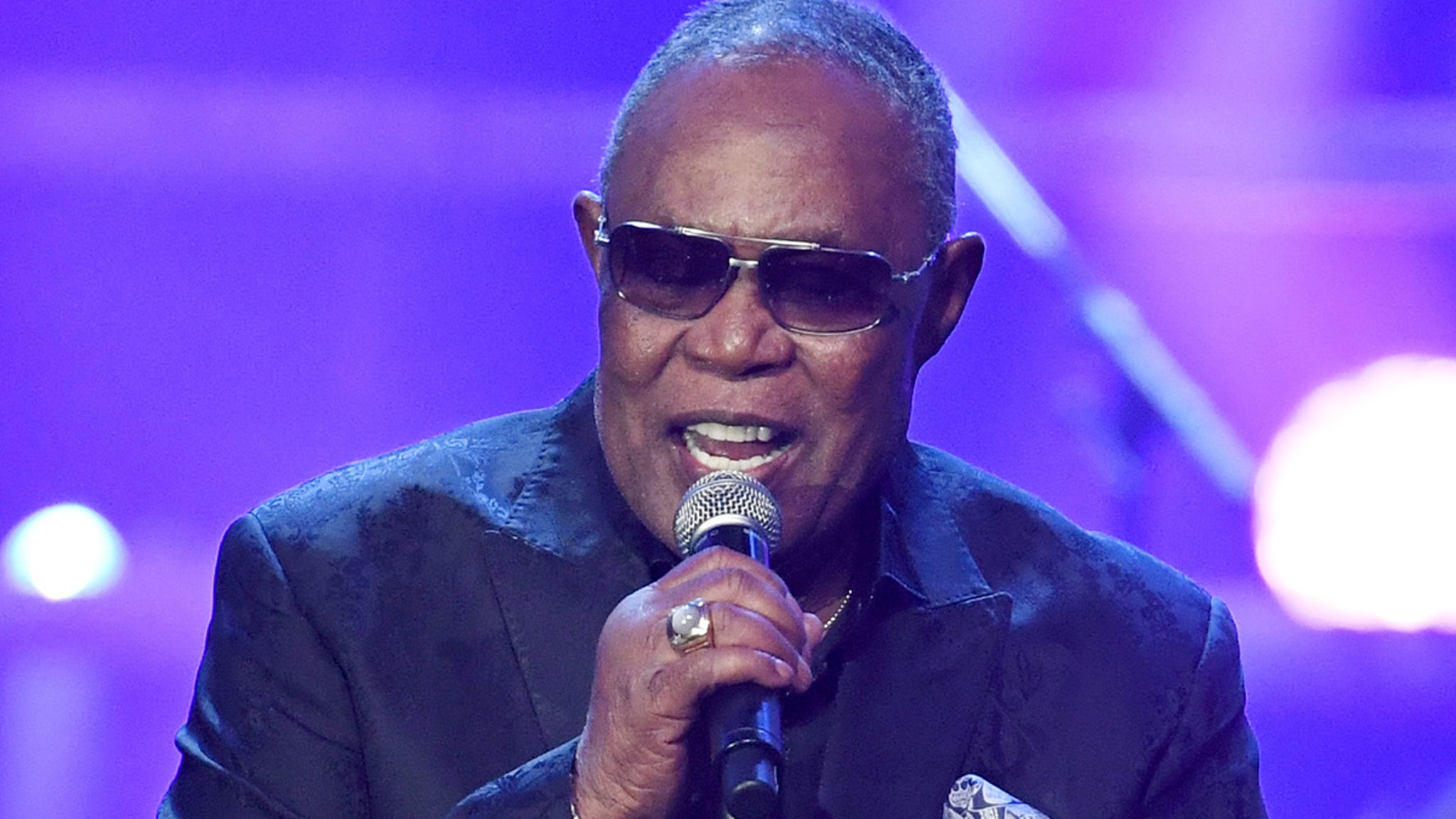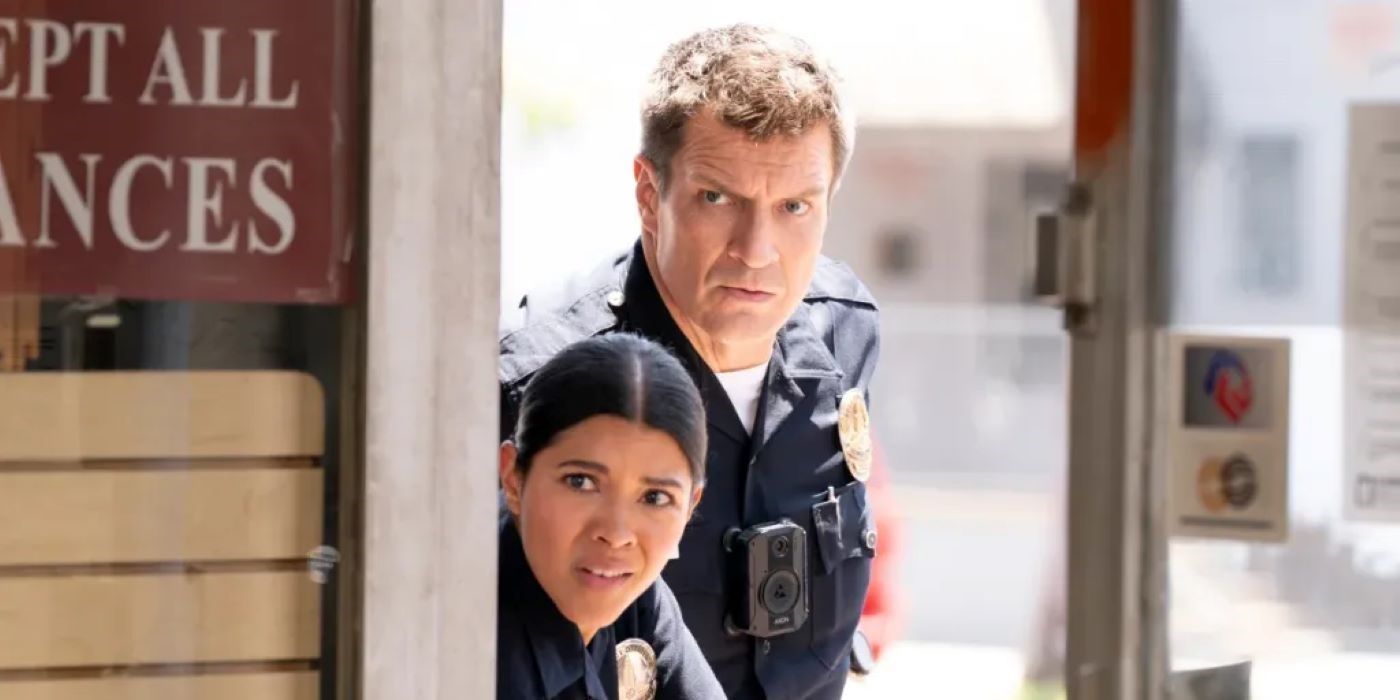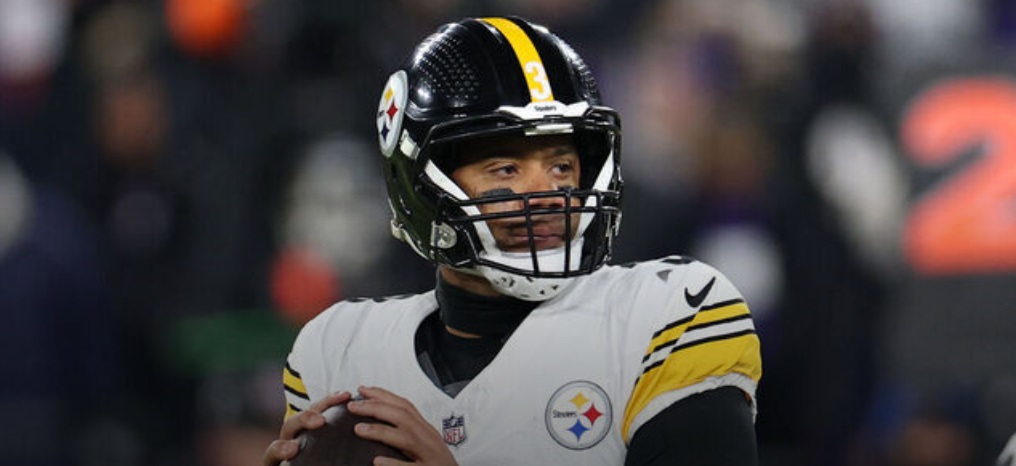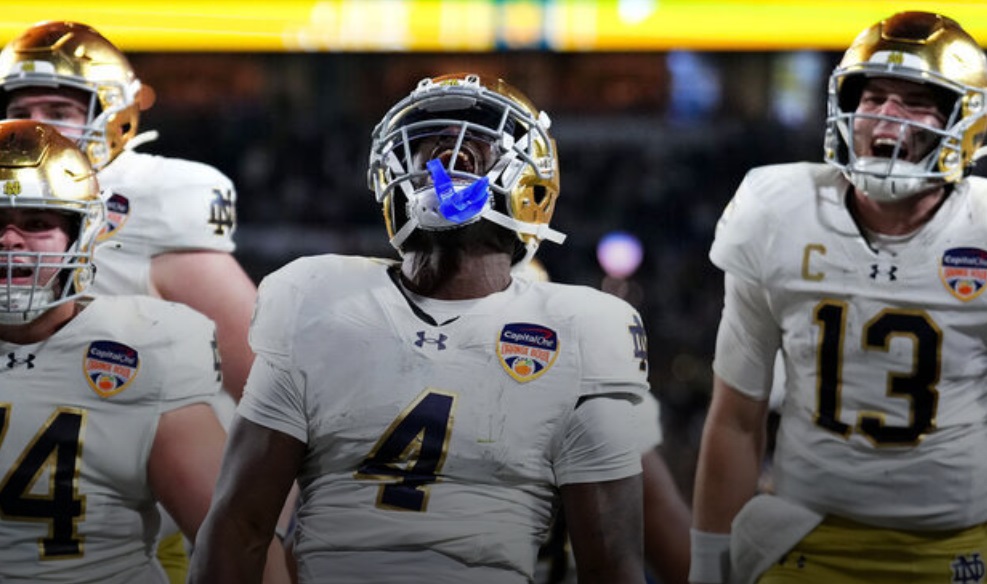He’s played a president, a soldier and a superhero’s uncle. But Martin Sheen’s greatest role is as the consummate actor’s actor. “You made me feel like I’ve really had a substantial career,” the 81-year-old stage and screen veteran tells Yahoo Entertainment after sitting down for our latest Role Recall. That’s a typically humble understatement. Since his breakout role in 1973’s Badlands, Sheen has been a fixture on the big and small screen, bringing the same quiet authority and generosity of spirit to every project, no matter the size of the part. (Watch our Role Recall above.)
According to Sheen, the credit — or, as he jokes, blame — for his longevity in the business can be traced back to pioneering theater director, Joseph Papp. The two collaborated on multiple productions, including a landmark 1967 staging of Hamlet that elevated Sheen’s star. “He had this godlike image in theater at the time, but when you met him, he was the most disarming guy,” the actor says of Papp, who died in 1991. “He hated bullies and he gave his life to a social justice theater, creating an artistic environment that reflected the culture that he worked in.”
One of Papp’s achievements was making the work of William Shakespeare newly accessible to a mass audience by founding Shakespeare in the Park — an annual event in Central Park that’s become a New York institution. “At that time, you rarely saw working-class people in Broadway theaters, because the prices were prohibitive,” recalls Sheen, who is featured in the new American Masters documentary, Joe Papp in Five Acts, now playing on PBS and the PBS Video app. “Joe expanded that possibility and made us all feel that we had a contribution to make. “We were all trying to find ourselves and find some measure of truth. And Joe was at the center of that.”
Sheen’s quest to find truth as an actor — and as himself — has carried over into his onscreen work, whether it’s Apocalypse Now or The West Wing. In an expansive conversation, he reflects on some of his signature performances and reveals emotional behind-the-scenes stories.
Story continues
Badlands (1973)
Sheen and Sissy Spacek are lovers on the run in Terrence Malick’s Badlands. (Photo: Courtesy Everett Collection)
When he wasn’t acting in Joe Papp productions, young Martin Sheen made a living with small parts in the many episodic TV shows that were shot in and around New York City in the ’60s. (Born Ramón Estevez, he adopted his stage name when he started working professionally.) Those roles eventually led to big-screen work, including a scene-stealing turn in Mike Nichols’s 1970 adaptation of Joseph Heller’s seminal World War II satire, Catch-22. But his big break came three years later in Badlands, which also marked the arrivals of acclaimed actress Sissy Spacek and director Terrence Malick, whose singular (if divisive) filmography includes Days of Heaven and The New World.
“Terry Malick has a lot in common with Joe in that they’re both innovative,” Sheen says. “They don’t remind you of anyone else. It was so unusual what he was doing that most of the crew didn’t have a clue. And I sometimes didn’t have a clue until I saw the movie!”
Inspired by a ’50s-era true crime story, Badlands stars Sheen and Spacek as a pair of young lovers who flee a desolate South Dakota town after killing her father, with law enforcement in hot pursuit. Although the narrative has superficial similarities to Bonnie and Clyde — which both scandalized and revolutionized Hollywood six years earlier — Malick imbued the film with his own distinct vision and working methods.
“He actually filmed a lot of stuff himself,” Sheen remembers. “We were coming back from a location one night … and we saw this moon rising on the prairie. He said, ‘Martin, let’s get a shot of that!’ He got the camera out of the trunk, and I walked out into the field with the rifle on my shoulder … and he filmed that scene that’s in the movie. That sort of thing was typical: he built a foundation that allowed him to go in different directions.”
Sheen says that this scene from Badlands reflected Malick’s impromptu working methods. (Photo: Warner Bros.)
Over the years, some actors have complained about Malick’s impromptu directorial style, most notably the late Christopher Plummer, who famously vowed never to work with him again after his experience on The New World. But Sheen still treasures his time with the reclusive filmmaker. “He’s still a very, very shy man, but he has an instinct for working with actors that is very unique. I’ve never worked with anyone before or since with that instinct. I love him, and I miss him.”
Apocalypse Now (1979)
Sheen goes upriver into the heart of darkness in Apocalypse Now. (Photo: United Artists/ Courtesy: Everett Collection)
Francis Ford Coppola has often compared the experience of making this Vietnam War epic to fighting his own private war. And Sheen was very nearly one of the casualties of a famously turbulent production. Brought in at the last minute to replace Harvey Keitel as the movie’s central character, U.S. Army Captain Benjamin Willard, Sheen threw himself into the part, often heedless of his own health. While filming one sequence in a hotel room, the actor cut his hand open after punching a mirror and continued to perform while bleeding profusely. (Behind the scenes footage included in the 1991 documentary, Hearts of Darkness, shows Sheen addressing an off-camera Coppola in the moments after his injury.)
An even more serious health scare happened later in the shoot when Sheen suffered a heart attack while filming on location in the Philippines jungle and had to be airlifted to a hospital in the capital city, Manila. “They had to fly me in on a helicopter,” he recalls now. “I hated getting in those helicopters because we had so many close calls, but this day, it was an emergency. I could either go to Manila in a bus, which would take about four or five hours, or I could be there in 15 minutes in a chopper. Under the circumstances, I took the chopper!”
Even when he arrived at the hospital, Sheen wasn’t out of danger. The doctors put him under immediate observation, and he wasn’t allowed to return to the Apocalypse Now set for over a month. Amidst the initial fog of his cardiac event, Sheen clearly remembers the one person that never left his side. “As they were wheeling me down the corridor, this little face appeared and stayed there during the journey,” he says. “And I realized it was Janet, my wife. She smiled, leaned down, whispered in my ear: ‘It’s only a movie, babe.’ And after that, I started to heal.”
When Sheen did resume shooting Apocalypse Now, he was a changed man. “I realized that I’d gone too far. I had bit off more than I could chew and I was choking on it. I’ve often said that if I had known going in that I’d have to endure what I did, I would’ve passed. But I have no regrets because it forced me to come to grips with parts of myself that I otherwise may never have embraced. I’m grateful to Francis for that.”
Wall Street (1987)
Sheen and his son, Charlie Sheen, in Oliver Stone’s Wall Street. (Photo: 20thCentFox/Courtesy Everett Collection)
You might say that performing is in the Sheen family’s blood. All four of the actor’s children — Emilio Estevez, Ramon Estevez, Charlie Sheen and Renée Estevez — have found their way into film and television. And their father has often acted opposite them onscreen. His first major collaboration with Charlie came in Oliver Stone’s 1987 financial world drama, and he says that his son pitched the director on the idea of having his real father play his on-screen father.
“Charlie put the bug in his ear,” Sheen says. “He said: ‘Wouldn’t it be a good idea if my old man actually played my old man in the movie?’ Oliver thought that that might work — he knew what I did for a living! It was a very, very special time to work with Charlie.” (The two later spoofed their Wall Street roles — and their respective Vietnam War films — in a hilarious scene from 1993’s Hot Shots: Part Deux.)
The younger Sheen had previously starred in Stone’s 1986 Best Picture winner, Platoon, which was inspired by the filmmaker’s own experiences as a soldier in the Vietnam War. For their second movie together, Stone tapped into the populist discontent that accompanied the rise of yuppie Wall Street culture in the Reagan-era America. Charlie Sheen plays Bud Fox, a fresh-faced stockbroker who is seduced into the financially lucrative — but ethically shady — orbit occupied by Gordon Gekko, played by Michael Douglas. It’s up to Bud’s working-class father, Carl, to try and make his son remember his morality in the face of financial world excess.
Carl ultimately wins the battle for Bud’s soul, but in some ways, he lost the larger war. After all, Douglas didn’t just win an Oscar for his devilishly charismatic performance as Gekko: He also enshrined the character as an aspirational figure amongst the very class that Wall Street set out to critique. Notably, it’s Gekko — and not Bud Fox — who delivers the movie’s immortal line, which has since become an unironic one-percent mantra: “Greed is good.”
Asked whether audiences took the wrong message away from Wall Street, Sheen ultimately feels that Carl’s steadfastness is vindicated. “You have to remember, [Gekko] went to prison, right? I think my character, the father, had a far more important message to share, which is about living an honest life so that you don’t have to move backward and end up falling on your face, you know?” (It’s worth noting that Stone’s latter-day sequel, Wall Street: Money Never Sleeps finds Gekko out of prison and up to his old tricks. Sheen also has a small cameo in the 2010 movie, which reveals that Bud is out of the Wall Street game, but still living the high life.)
Years after Wall Street, Sheen watched Douglas deliver a very different performance on the set of Rob Reiner’s 1995 romantic comedy, The American President. The former Wall Street tycoon remade himself as an unmarried Commander in Chief who puts his administration on the line when he pursues a relationship with Annette Bening’s high-level lobbyist. Sheen played the president’s chief of staff, who runs interference for his boss as his romance becomes the talk of the town.
“Michael is a very generous actor,” Sheen remarks. “When you’re in his company, you see that he’s an extremely generous and compassionate man. I’m very fond of the guy. I see him rarely now, but he’s done some extraordinary work in his life. I’m proud to have worked with him and shared a friendship.”
The West Wing (1999)
Sheen takes over the Oval Office as President Bartlet in The West Wing. (Photo: NBC/Courtesy Everett Collection)
Sheen couldn’t have realized it at the time, but his supporting role in The American President directly led to what’s arguably his most famous star turn. Reiner’s film was penned by Aaron Sorkin, and when the celebrated playwright-turned-screenwriter decided to create another fictional president — this time for network television — he knew exactly which actor he wanted behind the Resolute desk. “Aaron had me in mind from the start,” Sheen confirms about how he came to play President Josiah Bartlet on seven seasons of The West Wing.
In Sorkin’s original conception of the series, President Bartlet was intended to be an off-screen presence while the bulk of the drama focused on his staff. “I was told that if I signed on, I would only be asked to do maybe every four or five episodes a season,” Sheen recalls. “The only requirement was that I did not play another president on another show or a movie while The West Wing was in production.”
But Sorkin junked those plans as soon as he saw the finished pilot, and realized that Sheen’s instantly iconic performance demanded that he let Bartlet be Bartlet in every episode. “I got called after the pilot was made, and asked if I would become a series regular,” the actor says, chuckling, adding that this time he had his own requirements for accepting the promotion. “One, that he be Catholic because I wanted the president to deal with everything fundamentally from a moral frame of reference. And two, that he have a Notre Dame degree. They gave me both, so I was happy as Larry!” [Sheen is a practicing Catholic in real life, and was awarded the University of Notre Dame’s prestigious Laetare Medal in 2008.]
Bartlet’s Catholicism played an important role in the Sorkin-scripted Season 2 finale, “Two Cathedrals,” which is widely regarded as one of The West Wing’s finest hours. Torn between whether or not to run for re-election and mourning the sudden death of his treasured secretary, Mrs. Landingham (Kathryn Joosten), Bartlet has a one-on-one conversation with God that often veers into Latin.
Sheen in the pivotal “Two Cathedrals” episode of The West Wing. (Photo: NBC/Courtesy Everett Collection)
“That scene defined the character and the series in a lot of ways,” says Sheen, who received six Emmy nominations over the run of the series. “That a president could be so vulnerable, so impassioned and so publicly broken, which is very human. We don’t think of our presidents on that level, but they are human.”
“I was an altar boy growing up so I knew all that Latin,” Sheen continues. “I went to my, local parish and reviewed the scene with Monsignor John Sheridan, and he brought me up to speed. For Sorkin to have chosen Latin for that entire sequence was really extraordinary and insightful. It got the attention of an audience on a network primetime show because if you’re gonna have the lead character speak Latin to you for a full sequence, it’s pretty unusual! I’ve never seen anything like it before or since on network television.”
The end of the Bartlet administration also marked the end of The West Wing, which aired its series finale in 2006. To this day, though, Sheen says he’s approached by fans who tell him they wish he could run for higher office himself. And he always gives them the same response. “You have to be very discerning and not misinterpret celebrity for credibility,” Sheen explains, alluding to the election of Ronald Reagan. “We’ve gone that direction before when we had an actor for president. He had a great heart, but I don’t really think he was a great president.”
The Departed (2006)
Sheen is killed in spectacular fashion in Martin Scorsese’s The Departed. (Photo: ©Warner Bros/Courtesy Everett Collection)
What’s more fun than being in a Martin Scorsese picture? Dying in a Martin Scorsese picture. Midway through the director’s Best Picture-winning Boston crime epic, The Departed, Sheen’s kindly police captain is thrown out of a building and crash lands right in front of the undercover cop he’s trying to help, played by Leonardo DiCaprio. In an evocative touch, the only sound that accompanies his plunge is the chattering of seagulls, followed by the loud squish of his body striking the pavement.
“I knew there wouldn’t be any last-minute speeches before my untimely death,” Sheen says, chuckling. “They got a stunt man and they dropped him for 20 or 30 feet and then they cut to me on the ground.”
As with Apocalypse Now, Sheen was a late-inning replacement for another actor when he signed onto The Departed. But Scorsese instantly made him feel at home amidst the star-packed ensemble that included DiCaprio, Matt Damon, Jack Nicholson and Mark Wahlberg. “I was still doing The West Wing, but we found enough time off that I was able to go back east and do the film,” he explains. “It was an extraordinary experience working with Martin Scorsese. I cannot remember working with a director who loved actors as much as Marty. For all of the wonderful, truly great directors I’ve been privileged to work with over the years if I had one choice to work with again — and I hope all the others will forgive me! — it would be Marty Scorsese.”
The Way (2010)
Sheen calls his 2010 collaboration with son Emilio Estevez, The Way, the best film he’s done. (Photo: Icon Entertainment International/Courtesy Everett Collection)
Not so fast, Marty. Reminded off-camera that his eldest son, Emilio, has also directed him on multiple occasions, Sheen instantly revises his pick. The actor has appeared in three of Estevez’s films and cites 2010’s The Way in particular as a personal favorite. “It was a family affair,” he says. “Janet produced it, Renée appeared in it, Ramon appeared in it and Emilio wrote and directed it.”
Dedicated to Sheen’s father, who emigrated to the U.S. from Spain in the early 20th century, The Way is about an elderly father’s pilgrimage along the Camino de Santiago (The Way of St. James) that winds its way through the Pyrenees mountain range to honor his dead son. Estevez shot the movie on location in the Sheen family’s ancestral home, adding to its personal feel.
“I think it’s the best thing I ever did,” Sheen says now. “It’s become a kind of underground classic that surfaces just enough to remind people what a great film it is about loss, suffering and healing and regaining. When I saw it as a complete film, I said, ‘Oh my God, am I ever going to get a chance to do something that good again.’ I doubt it because it’s that good.”
— Video produced by Anne Lilburn and edited by Jimmie Rhee
You can view the original article HERE.
